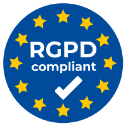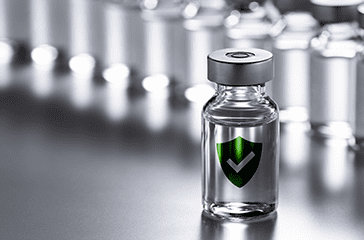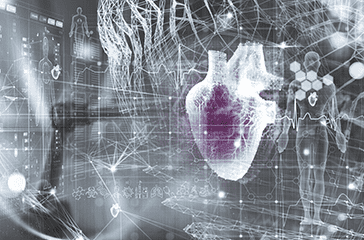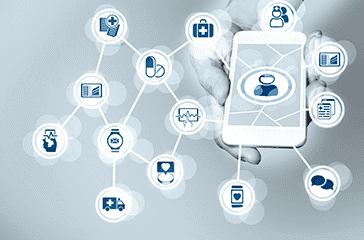Choose the best clinical strategy with the help of our seasoned clinical drug development experts.…

Health data analysis
Today we have access to increasingly large data sources.
Advanced technologies surch as Artificial Intelligence and data science techniques make it possible to analyse complex health databases with advanced statistical methods to bring high quality and strong added-value results.
ADVANCED TECHNOLOGIES FOR HEALTH DATA ANALYSIS
ICTA uses advanced technologies such as data analysis and data science to help
ICTA data managers and statisticians in their daily work.
ARTIFICIAL INTELLIGENCE & MACHINE LEARNING

Applying artificial intelligence (AI), machine learning (ML), deep learning, supervised and unsupervised classification methods… allows amongst others:
- the development of useful analysis tools and dashboaords (e.g. to perform risk-based monitoring)
- the provision of data visualisation tools (e.g. tools for identifying outliers by applying deep forest techniques)
- the automation of critical but time-consuming activities (e.g. automation of SDTM annotation of CRFs and creation of mapping specifications)
- the provision of a comprehensive and targeted literature search
- the database modeling and maintenance
- database anonymisation
DATA SCIENCE AND STATISTICAL TECHNIQUES

In the field of Real Word Data (RWD)/Real World Evidence (RWE) and clinical trial innovation, AI and ML complement traditional statistical processing and modeling techniques.
At ICTA, our experts make use of these data science and statistical techniques to bring our customers high quality and strong added-value results in particular when:
- analysing medical administrative data and medical records
- using unstructured text data
- linking multiple databases and/or clinical trial data
- integrating sponsors’ databases resulting from previous studies to allow the detection of new efficacy or safety signals, to identify or better characterise the profile of treatment responders or the most efficient pattern of product use…
- trying to predict the outcomes of randomised or single-arms clinical trials for new health products (drugs, medical devices, …)
OTHER AREAS OF EXPERTISE














